ABOUT ABC
Transforming Special Education
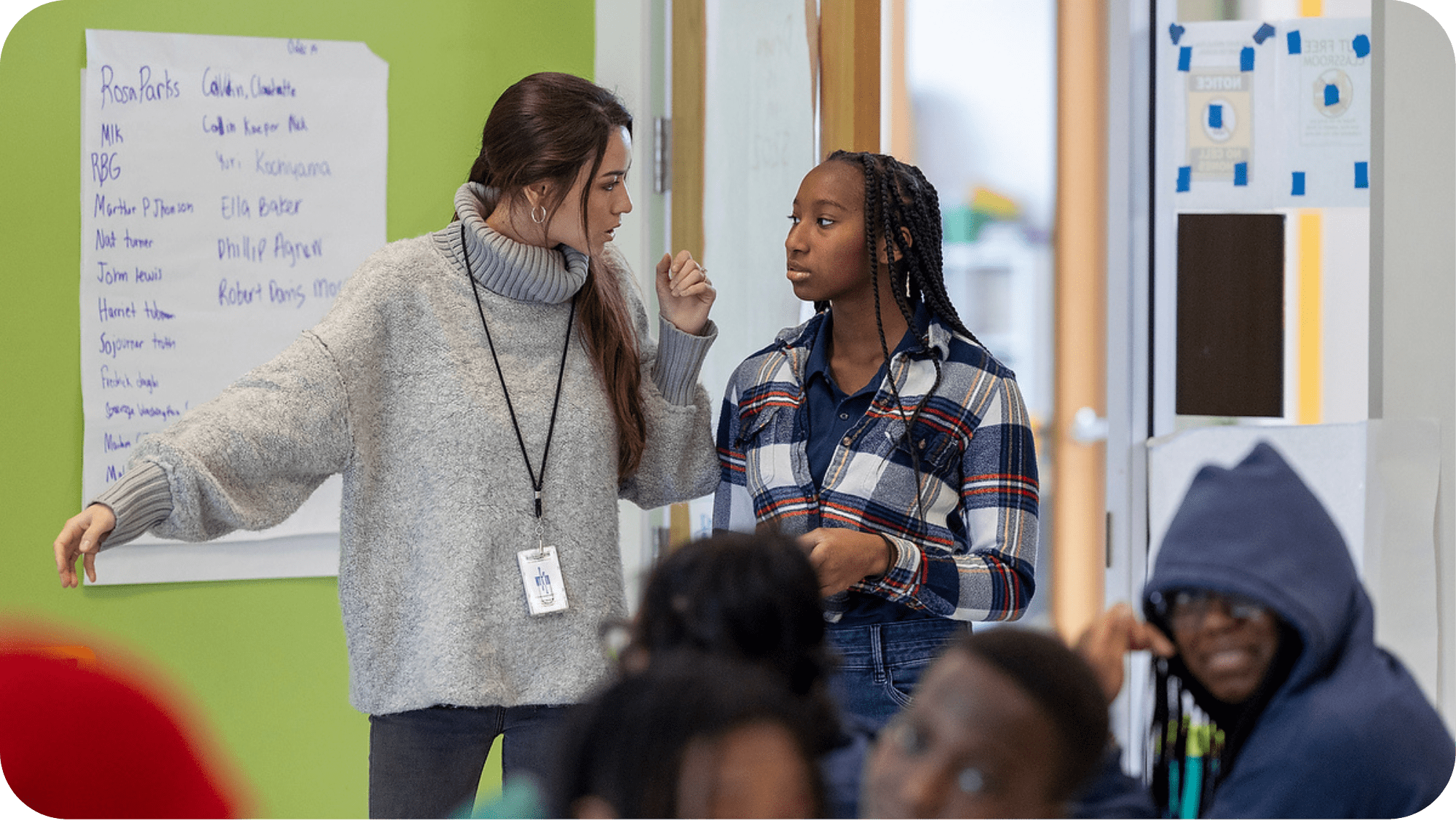
Mission Driven
The Ability Challenge seeks to transform how schools serve students with diverse learning needs through research-driven services, tools, and technology that support meaningful and personalized school improvement.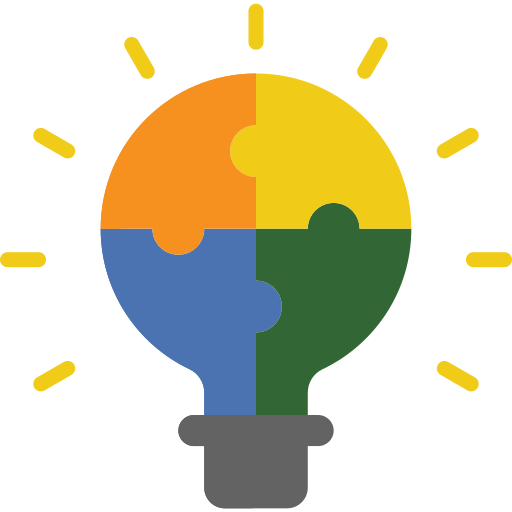
Research-Based
Our model develops research-based core elements for school leaders and educators...
Empowering
To empower schools in building authentically inclusive communities and teams...
Transformative
... and transform how students with disabilities are served in school.
The Right Expertise
Our model provides a complete, whole-school roadmap to improve how students with disabilities are served, including facilitated planning opportunities, educator training, leader coaching, infrastructure development, and tools that empower schools to make lasting change.
Each engagement is customized to the needs of the school, but draws upon scalable resources to facilitate transformation. ABC also supercharges its efforts by leveraging technology, key learnings, and research to inspire sustainable industry-wide educational and policy impact.
What truly sets us apart is our ability to foster sustainable change. We understand that true progress is not achieved through quick fixes but through a long-term commitment to continuous improvement. We work tirelessly to ensure that the solutions we implement are not only effective today but also adaptable and sustainable for the future.
GUIDING PRINCIPLES
What Drives Us
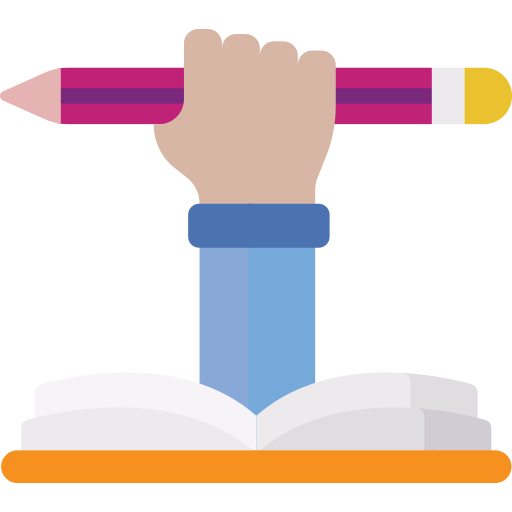
All students can achieve.
All students, especially those
with disabilities and diverse
learning needs, can thrive in
school.
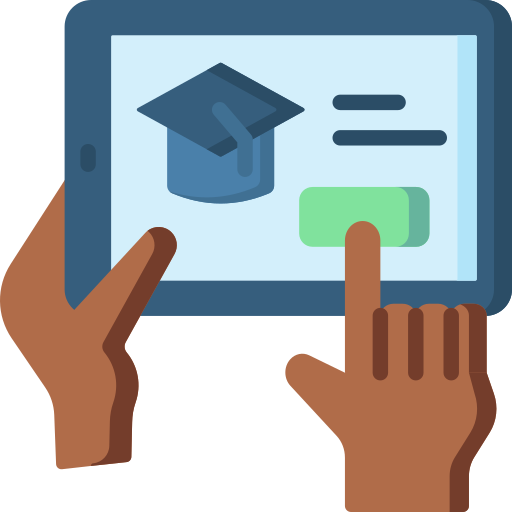
Educators need resources.
Educators are motivated to provide the best education to students, but need more training and resources.
Leaders and systems drive change.
Leaders and systems are at the heart of sustainable school transformation and success.
.jpg?width=1500&height=1000&name=2023.01.24%20ABC%20AppleTree80%20(1).jpg)
Core Values
Guiding How Serve
- Equity: We confront barriers to access and dismantle the inequitable systems that have allowed those barriers to exist.
- Integrity: We make decisions that hold true to our values over all else, even when decisions are hard.
- Curiosity: We seek clarity and understanding in order to learn from each other, our partners, and the world around us.
- Courage: We lead with honesty, authenticity, and trust.
- Collaboration: We recognize that no one person must be the knower and doer of all things.
MORE ABOUT ABC
What's New?
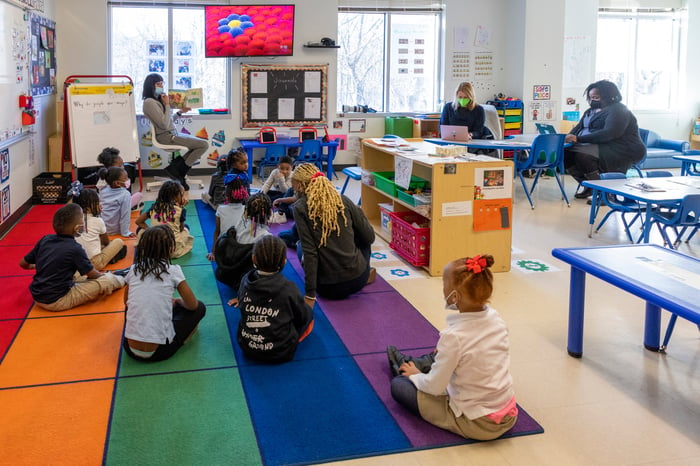
March 27, 2024 | Administrators
Creating Inclusive Classrooms that Support Diverse Learners: A Model for Coaching Teachers
In today’s classrooms, student needs are broad, encompassing a spectrum of learning styles and a range of abilities. Add...
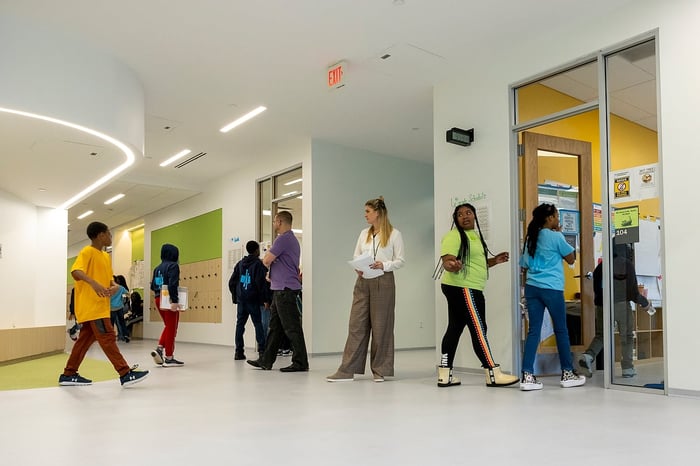
February 15, 2024 | Administrators
Three Special Education Investment Recommendations on a Limited Budget
As budget season unfolds, districts are grappling with the urgency of optimizing resources for the next school year amid...
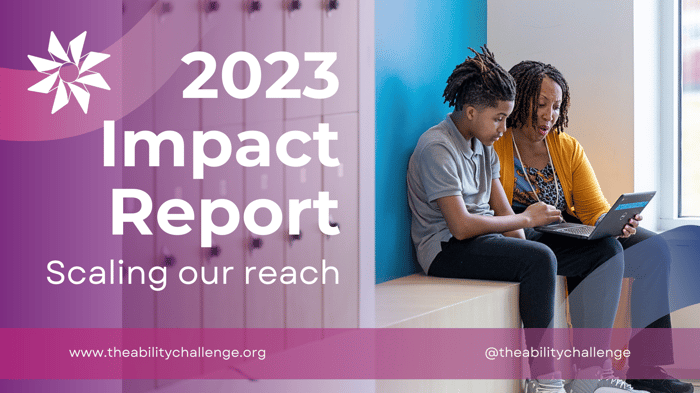
January 31, 2024 | Our Work
2023 Impact Report: Scaling our Reach
2023 was a year focused on creating ABC's organizational infrastructure and preparing ourselves to scale - and our impac...
